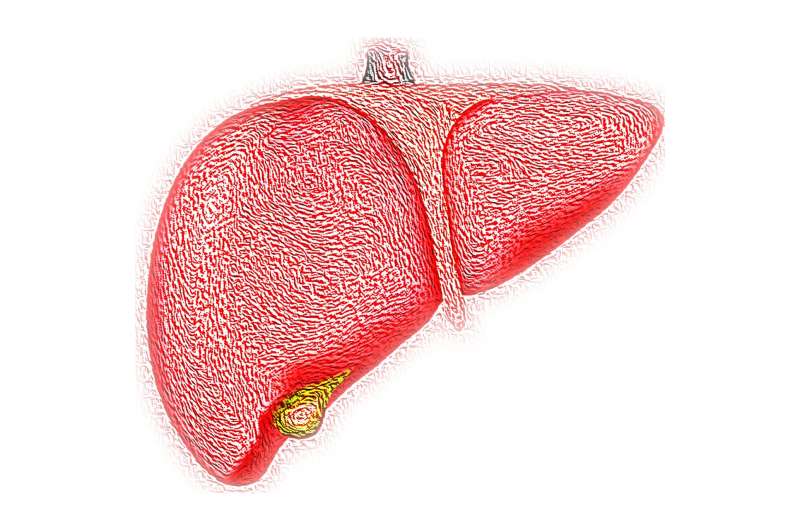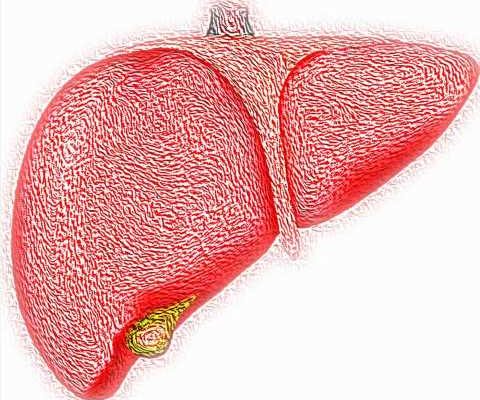
The risk of hepatocellular carcinoma (HCC) in individuals of Mexican descent living in Los Angeles has increased with each successive generation in the United States, according to results presented at the 15th AACR Conference on the Science of Cancer Health Disparities in Racial/Ethnic Minorities and the Medically Underserved, held September 16-19, 2022.
“Hispanics/Latinos represent one of the largest and fastest-growing ethnic groups in the United States. Epidemiologic trends show rising incidence of liver and intrahepatic bile duct cancer in this population for both men and women, whereas we are seeing a decline for many other cancer sites,” said Nicholas Acuna, MPH, a Ph.D. student in epidemiology in the Department of Population & Public Health Sciences at the Keck School of Medicine of USC and lead author of the study. “It is important to understand the reasons behind these trends.”
Studies show that birthplace may influence cancer risk, with U.S.-born Hispanics/Latinos being at a greater risk of developing liver cancer compared to foreign-born Hispanics/Latinos, likely due to acculturation, he said.
Leveraging the Multiethnic Cohort, a large population-based prospective study of risk factors for cancer and other chronic diseases among more than 215,000 participants from five U.S. racial/ethnic groups in Los Angeles and Hawaii, Acuna and colleagues studied how generation status impacted the risk of HCC among individuals of Mexican descent residing in Los Angeles.
The analysis focused on self-identified Mexicans for whom information on parental birthplace was available. The generation status was categorized as first generation for those born in Mexico with both parents also born in Mexico; second generation for those born in the U.S. with at least one parent born in Mexico; and third generation for those born in the U.S. with both parents also born in the U.S.
The researchers assessed the HCC risk after adjusting for age, sex, body mass index (BMI), smoking status, alcohol intake, history of diabetes, and daily coffee consumption.
After an average follow-up time of 23.4 years, among 32,239 individuals of Mexican descent, there were 220 HCC cases. The study revealed an increase in the age-adjusted HCC incidence rates per 100,000 people with each successive generation, from 20.9 cases among first-generation individuals, to 27.5 among second-generation individuals, to 34.7 among third-generation individuals.
Adjusting for HCC risk factors, second- and third-generation individuals of Mexican descent had a significantly increased risk of HCC compared to their first-generation counterparts (35 percent and 61 percent higher, respectively.)
The study also showed that with successive generations, individuals of Mexican descent were more likely to be current smokers, have a greater alcohol intake, consume more coffee, and have an elevated BMI.
The authors applied a statistical interaction test to assess whether the association between generation status and risk of hepatocellular carcinoma differed by smoking status, alcohol intake, BMI status, or having diabetes but did not find significant differences, possibly because the number of HCC cases was not high.
The researchers also found that third-generation individuals who did not have diabetes had a much higher (82 percent) risk of HCC compared to first-generation individuals who did not have diabetes, indicating that multiple risk factors are at play in determining the increased risk of HCC.
“Interventions targeting acculturation and adoption of negative lifestyle behaviors, such as increased alcohol intake, unhealthy diet, and cigarette smoking, among U.S.-born Mexicans are needed to mitigate the increased risk of HCC in this population,” said Acuna.
Source: Read Full Article
